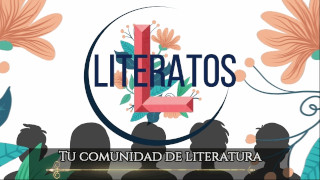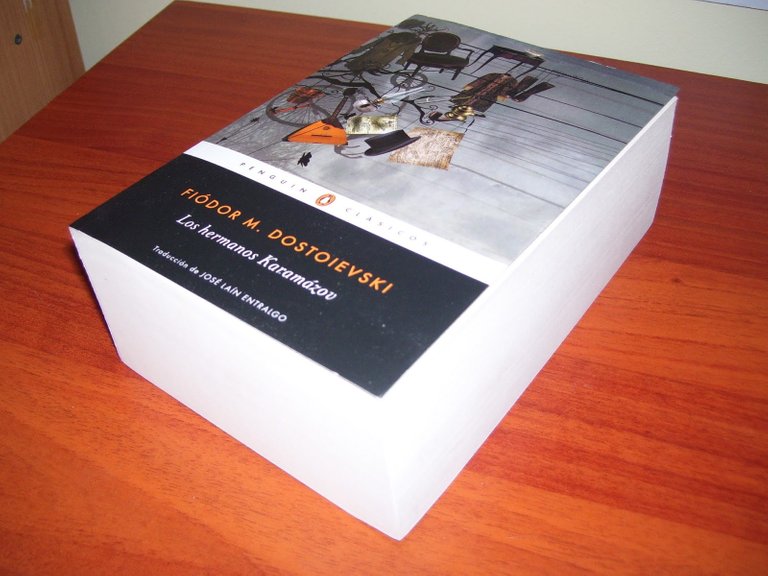
Con esta serie de post comienzo a compartir mis recuerdos sobre las grandes obras de la literatura universal que he leído hace ya bastantes años (es decir cuando era joven) y transitaba por los años de la escuela media, y cuyos recuerdos se conservan vívidamente en mi memoria.
La literatura ha evolucionado mucho en las últimas décadas. Los autores clásicos de vez en cuando se ven sorprendidos por alguna reedición, pero en líneas generales el thriller en sus diversos aspectos (desde el legal thriller de John Grisham hasta llegar al thriller psicologico de Jeffery Deaver y todos los subgéneros que encontramos en el camino), la nueva novela policial estilo "noir" han sido suplantando de a poco a otros estilos literarios, incluso el de la nueva novela contemporánea.
La nueva novela policial ha abandonado los arquetipos del policía y del delinquente, con una ambientación sórdida donde siempre triunfa el bien. Tal vez L.A. Confidencial de James Ellroy, un clásico de su tiempo allá por 1990, hoy no tendría la misma aceptación por parte del público. Los personajes más amados de los thrilelrs en la actualidad tienen que ver con la tecnología, la ciencia aplicada a las escenas del crimen y al llamado legal thriller, aquél que toma como base de la trama eventos judiciales.
Por todo eso pretendo a través de estos posts en los que quiero compartir con todos los #hivers de esta hermosa comunidad literaria mis recuerdos de obras imborrables de la literaeratura universal.
Y comienzo con uno de mis autores favoritos Fiódor Dostoievski autor de obras memorables como Crimen y Castigo, El Jugador, El Idiota y la última de sus obras literarias -y sin lugar a dudas una de las mejores- Los Hermanos Karamazov.
De esta última me voy a ocupar en esta reseña.

Fiódor Pávlovich Karamazov es un terrateniente, y un ser arbitrario, corrompido, repugnante y astuto con cuatro hijos nacidos de su matrimonio con Adelaida Ivánovna Miúsova, una rica heredera con una notable fortuna y propiedades, a la cuál Fiódor (el personaje lleva el mismo nombre del celebrado autor) no solo la ha dsposajdo de su dinero sino que ha tentado por todos los medios de arrebatarle las propiedades y la fortuna, lo que ha dado motivo a numerosas desavenencias entre los dos esposos.
Para evitar este clima familiar malsano su hijo hijo Dmitri Fiodorovich Karamazov (a quienes lo apodan Mitia que es una abreviatura del primer nombre Dmitri) es criado en distintos hogares, pasando de pariente en pariente hasta llegar a ser acudido incluso por uno de los criados.
Los otros hijos son Iván, un intelectual frío y materialista; Aliosha, el hijo más pequeño, de un carácter pasivo y religioso -más tarde ya adolescente seguirá el camino del monasterio-, exactamente el opuesto a Iván, ambos nacidos del segundo matrimonio con la joven Sofía Ivanovna y Smerdiakov, el hijo bastardo y resentido que no encuentra ningún punto de interés con sus hermanos.
La trama hace un salto y pasa a la adolescencia de los cuatro jóvenes. En ese momento el padre terrateniente ya tiene 55 años y se encamina hacia la vejez y la mayor parte de sus hijos ha ya superado los 20 años.
En un determinado momento los hermanos regresan a ajustar cuentas con su padre y reclamar la herencia que les corresponde. Los brutales incidentes terminan con la muerte del padre Fiódor Pávlovich y Mitia que cuenta con un pasado turbulento como soldado, apostador y despilfarrador es el principal sospechado después de que numerosos testimonios han presenciado una acalorada discusión cuando ha ido a ver a su padre a reclamar dinero para pagar las deudas del juego.
Ante la negativa del padre Mitia se descontrola y amenaza con matarlo. Por si los problemas fueran pocos se interpone entre los dos el amor de una Grúshenka, a quien ambos desean ardientemente, el joven por pasión, el anciano padre para satisfacer un deseo carnal ofreciéndole una pequeña fortuna: tres mil rublos.
Aliosha, por su inclinación sacerdotal, trata de atemperar los ánimos entre su hermano mayor y su padre, mientras Iván que detesta a ambos pero lo esconde bajo una máscara de superficialidad es mucho más diplomático en sus discursos.
Odio, venganza, egoísmo, amor, crueldad, compasión, todos los sentimientos radicalmente contrarios y enfrentados se ponen de manfiesto en la obra de Dostoievski hasta el momento de la verdad y la reivindicación final.
La idea del escritor ruso es mostrar la redención humana de los cuatro hijos que odian al padre, cada uno con características propias.
La historia (hoy diríamos un thriller) posee la tensión y el entramado característico de la novela criminal, en el más perfecto estilo "noir", pero ello solo es un elemento más.
El crimen entendido como delito en sí mismo, no es lo importante para Fiódor Dostoievski un tema recurrente en é como ya lo había demostrado acabadamente en Crimen y Castigo, sino que lo importante es la consecuencia que la acción del padre provoca en los hermanos, una intensa lucha moral personal dentro de cada uno.
Hasta el increíble desenlace final donde el principal sospechado y condenado no es el culpable y el responsable es quien más ha sufrido los embates de la vida a causa de una sociedad y una familia autoritarias y conservadoras.
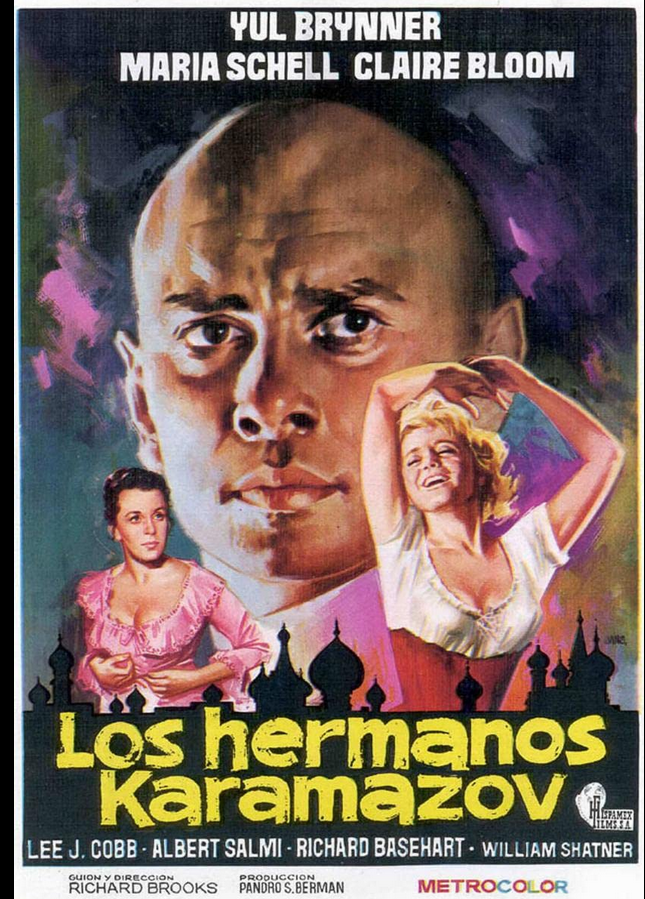

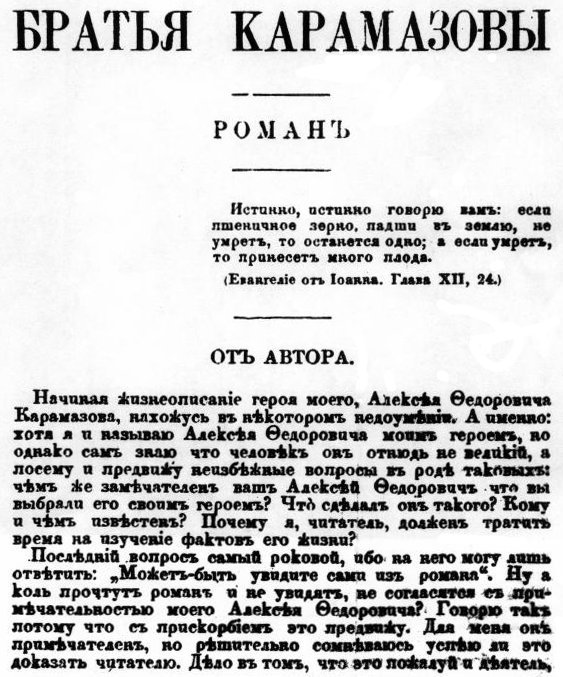
With this series of posts I begin to share my memories of the great works of world literature that I have read many years ago (i.e. when I was young) and in my middle school years, and whose memories are vividly preserved in my memory.
Literature has evolved a lot in recent decades. Classic authors are occasionally surprised by a reissue, but by and large the thriller in its various guises (from John Grisham's legal thriller to Jeffery Deaver's psychological thriller and all the sub-genres along the way) and the new noir detective novel have been slowly supplanting other literary styles, including the new contemporary novel.
The new detective novel has abandoned the archetypes of the policeman and the criminal, with a sordid setting where good always triumphs. Perhaps James Ellroy's L.A. Confidential, a classic of its time back in 1990, would not have the same public acceptance today. The most beloved characters in today's thrillers have to do with technology, science applied to crime scenes and the so-called legal thriller, which takes judicial events as the basis of the plot.
For all these reasons I intend to share with all the #hivers of this beautiful literary community my memories of indelible works of universal literature in these posts.
And I begin with one of my favourite authors, Fyodor Dostoyevsky, author of memorable works such as Crime and Punishment, The Gambler, The Idiot and the last of his literary works - and undoubtedly one of his best - The Brothers Karamazov.

Fyodor Pavlovich Karamazov is a landowner, and an arbitrary, corrupt, disgusting and cunning being with four children born of his marriage to Adelaide Ivanovna Miusova, a wealthy heiress with a considerable fortune and property, Fyodor (the character bears the same name as the celebrated author) has not only dispossessed her of her money but has also tried every possible means to take away her property and fortune, which has led to numerous disagreements between the two spouses.
To avoid this unhealthy family climate, their son Dmitri Fyodorovich Karamazov (nicknamed Mitya, which is an abbreviation of the first name Dmitri) is brought up in different homes, passing from relative to relative and even being looked after by one of the servants.
The other children are Ivan, a cold and materialistic intellectual; Alyosha, the youngest son, a passive and religious character - later as a teenager he will follow the path of the monastery - the exact opposite of Ivan, both born of the second marriage to the young Sofia Ivanovna and Smerdiakov, the resentful bastard son who finds no point of interest with his siblings.
The plot jumps to the adolescence of the four young men. At that point the landowner father is already 55 and heading towards old age and most of his children are well into their twenties.
At a certain point the brothers return to settle accounts with their father and claim their rightful inheritance. The brutal incidents end with the death of father Fyodor Pavlovich and Mitya, who has a turbulent past as a soldier, gambler and spendthrift, is the main suspect after numerous witnesses have witnessed a heated argument when he went to see his father to demand money to pay gambling debts.
When Mitia's father refuses, he gets out of control and threatens to kill him. As if the problems were not enough, the love of a Grúshenka comes between them, whom they both ardently desire, the young man out of passion, the old father to satisfy a carnal desire by offering him a small fortune: three thousand roubles.
Alyosha, because of his priestly inclination, tries to temper the tempers between his elder brother and his father, while Ivan, who detests them both but hides it under a mask of superficiality, is much more diplomatic in his speeches.
Hatred, revenge, selfishness, love, cruelty, compassion, all the radically opposing and conflicting sentiments are brought to the fore in Dostoyevsky's work until the moment of truth and final vindication.
The Russian writer's idea is to show the human redemption of the four sons who hate their father, each with his own characteristics.
The story (today we would say a thriller) has the tension and plotting characteristic of the crime novel, in the most perfect "noir" style, but this is only one more element.
The crime, understood as a crime in itself, is not the important thing for Fyodor Dostoyevsky, a recurring theme for him, as he had already demonstrated in Crime and Punishment, but the important thing is the consequence that the father's action provokes in the brothers, an intense personal moral struggle within each one of them.
Until the incredible final denouement where the main suspect and condemned person is not the guilty one and the one responsible is the one who has suffered the most from life's hardships due to an authoritarian and conservative society and family.
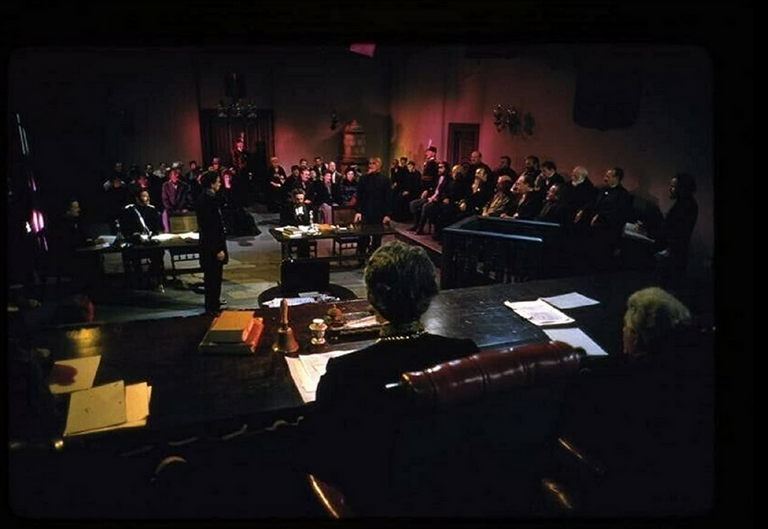



Separators and text dividers are property of: Pixabay, @thepeakstudio and Unsplash. To all of them my sincere thanks.
Separadores y divisores de textos son propiedad de: Pixabay, @thepeakstudio y Unsplash. A todos ellos mi sincero agradecimiento.

